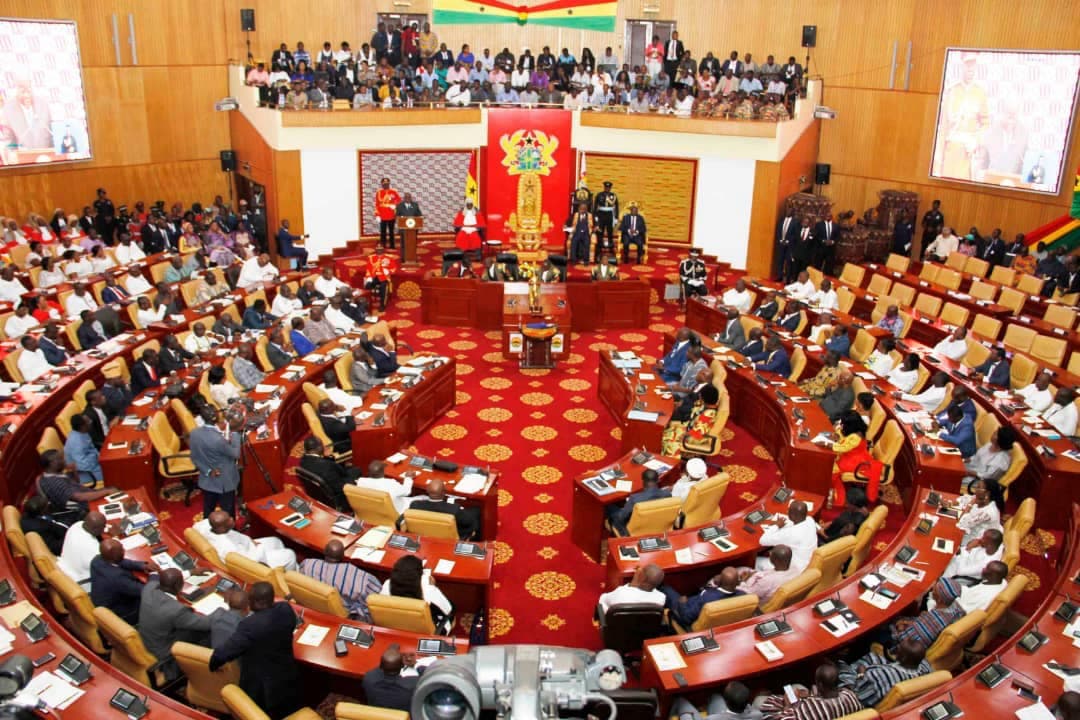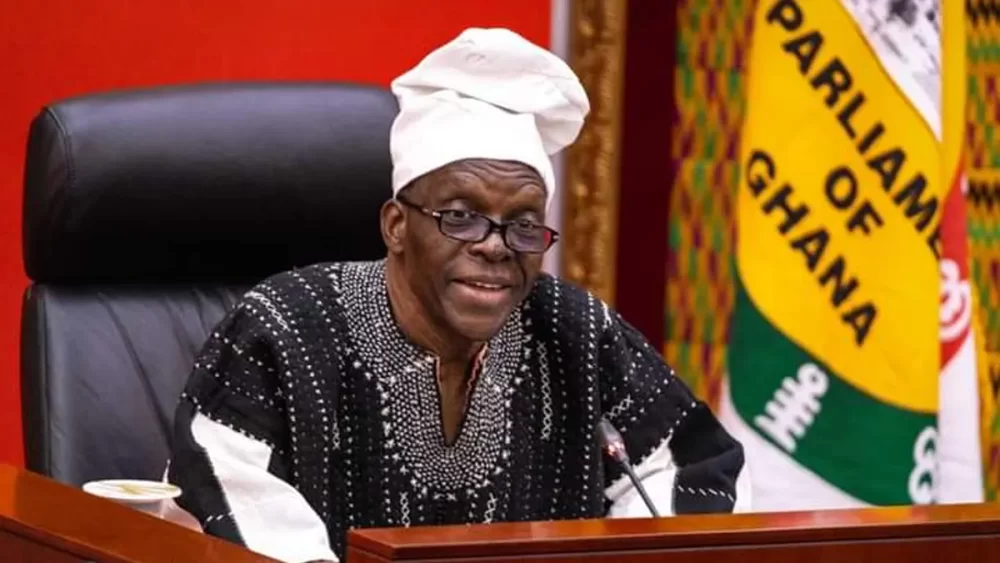Parliament has approved the COVID-19 Health Recovery Levy (Repeal) Bill, 2025, a move that clears the way for the withdrawal of the one per cent tax on the supply of goods and services, as well as imports, once the President signs it into law.
The levy was introduced in 2021 to raise funds for pandemic-related expenditure but had long been criticised for increasing the cost of doing business.
The decision to repeal the levy received broad support from both sides of the House and was presented as part of the government’s wider commitment in the 2026 Budget to simplify the indirect tax system, reduce the cost of business and support economic recovery.
The Minister of Finance, Dr Cassiel Ato Forson, explained that the tax had served its initial purpose and no longer fit into the country’s current tax strategy. He noted that the repeal forms part of a wider overhaul of the VAT system aimed at making it more transparent and supportive of growth.
Presenting the Finance Committee’s report, the committee’s chairman, Isaac Adongo, said removing the levy would lead to an estimated revenue loss of about GH¢3 billion. He added, however, that the ministry was confident ongoing tax reforms would boost business activity and help recover the expected shortfall.
During the debate, the Minority Leader, Alexander Afenyo-Markin, criticised the government for what he described as inconsistent decision-making.
He argued that while the repeal was being presented as a measure to ease the tax burden, the same government had recently approved large tax exemptions, including a 20 per cent concession worth $10.4 million to a foreign company.
He also noted that electricity tariffs had increased by a cumulative 18.4 per cent this year alone, despite earlier commitments to reduce the cost of utilities for households and businesses.
He challenged the government to demonstrate a genuine commitment to easing the pressure on citizens by scrapping the levy on diesel and petrol and reversing recent tariff hikes. The Minority Leader also expressed disappointment on behalf of spare parts dealers, saying they had been assured that taxes on imported spare parts would be removed, yet no such provision was reflected in the 2026 Budget.
The bill now awaits presidential assent to formally abolish the levy.









